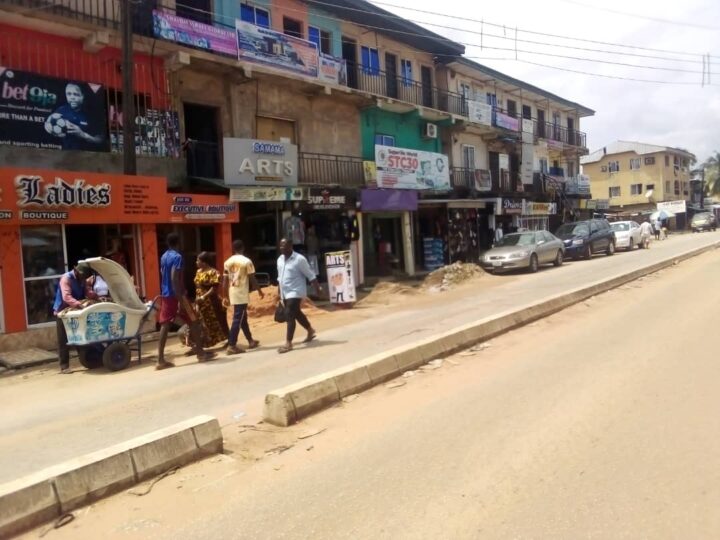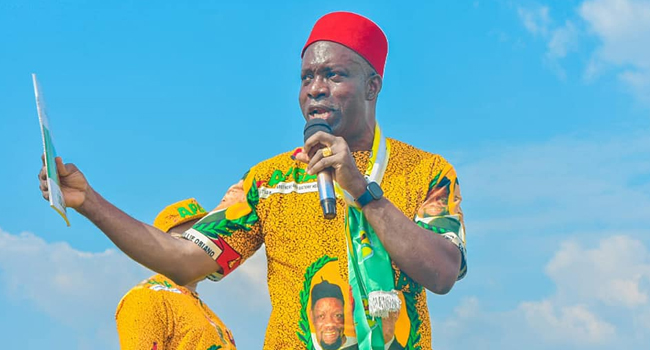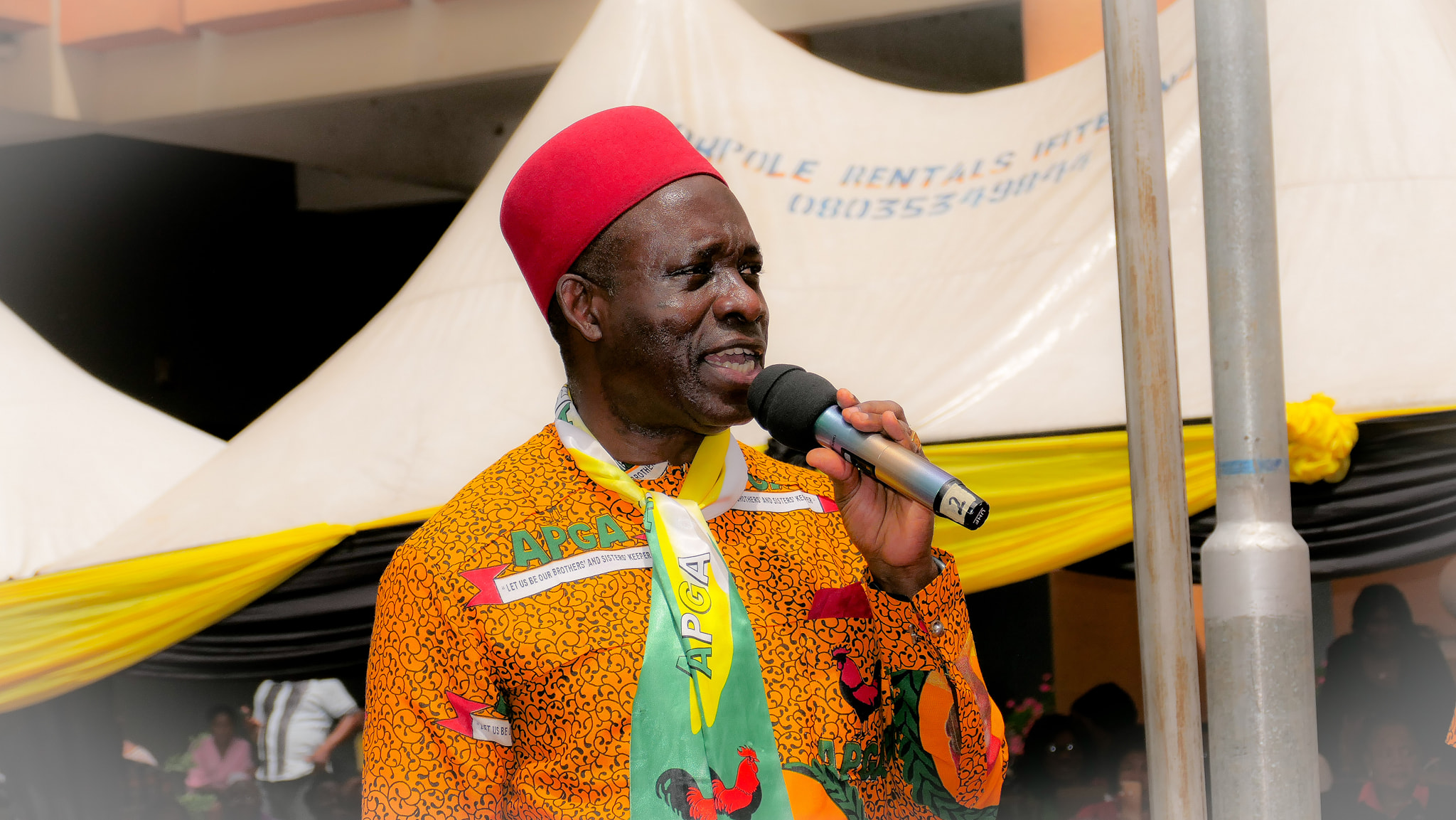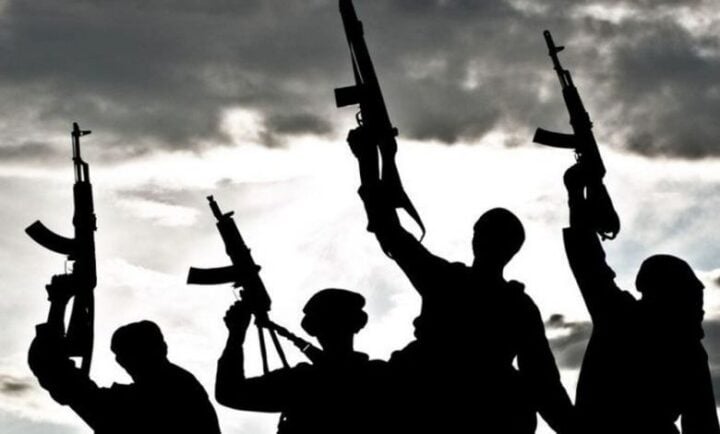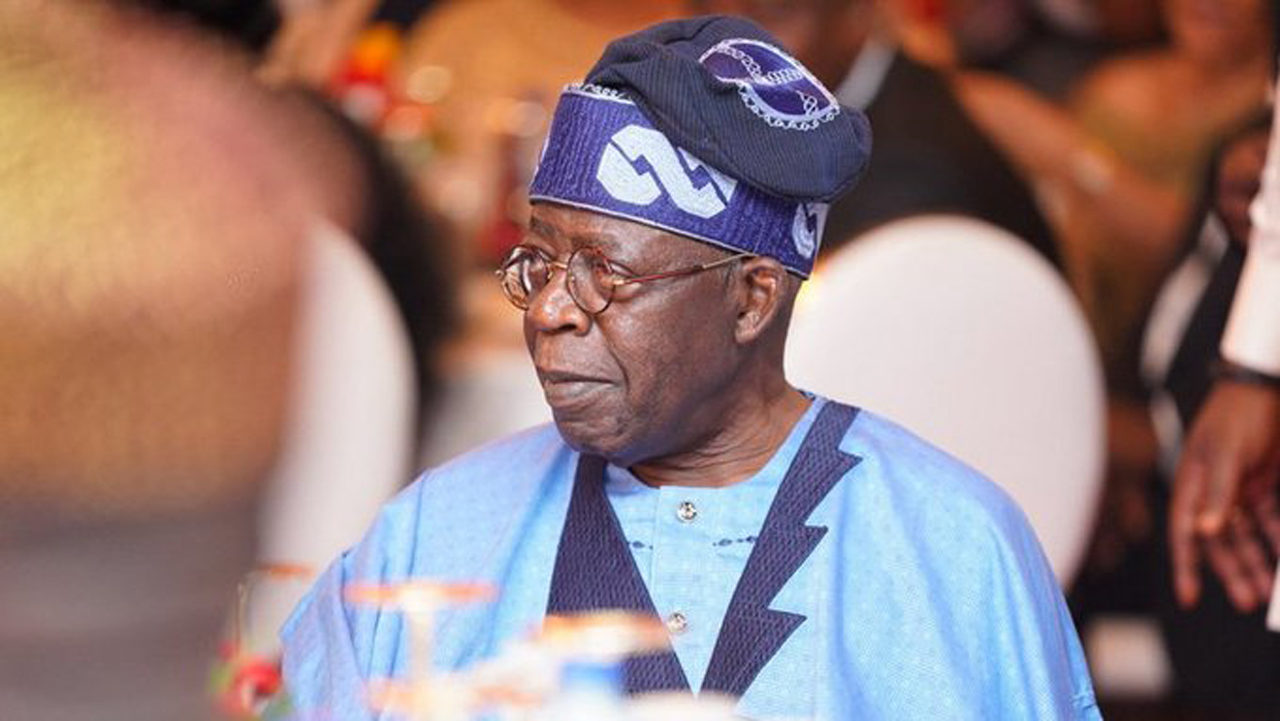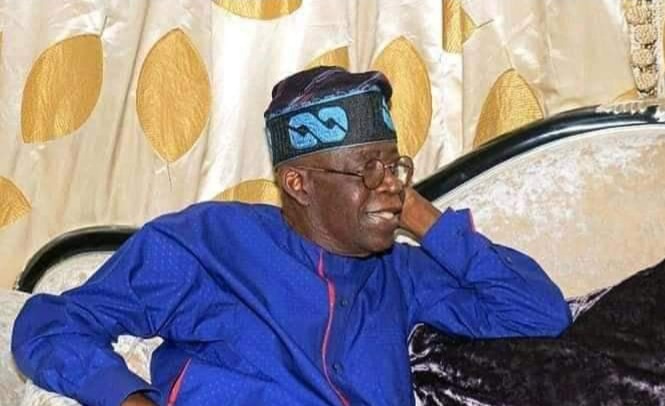In all of his 69 – 79 years in this world, how many times has Bola Tinubu, the man who could be the next president of Nigeria, visited the south-east?
I guess that it may not be up to a dozen times. He didn’t go there to school, compete in debate, quiz or Koran recital challenges. He surely didn’t go there on a school excursion to visit a major dam or a game reserve. Who wants to cross the Niger River just to visit Ogbunike Cave, Ngwo Pine Forest or Oguta Lake? The Umuahia Biafra War museum was not yet built when he went to school. We know that he did not go to the south-east to work after school. With Ndubisi Kanu, Ebutu Ukiwe, Anya O. Anya, Ralph Obioha and others in NADECO, Tinubu most definitely did not go to the south-east to solicit support for MKO Abiola’s mandate during the pro-democracy movement of the 90s. When he emerged and became the governor of Lagos state, he had no need to campaign in the south-east. The same as when he became a national leader of APC.
Why is that important? What has that got to do with the sit-at-home order introduced in the south-east by the Indigenous People of Biafra (IPOB) to add pressure to their quest for the actualisation of an independent nation of Biafra?
I will get to that in a short while. In the meantime, follow me on this little detour.
Advertisement
While the opinion of Boko Haram members is not seen as the opinion of the people of the north-east of Nigeria, the same is not true of the opinion of Biafrans. Outside of the south-east, the opinion of Biafrans is by default considered the universal opinion of the people of the south-east. If you are from the south-east, many still see you as a Biafran, irrespective of how many times you swear not to be allied to the Biafrans.
We know why it is that way. It is because the people of the south-east are the most misunderstood people of Nigeria. The Fulanis come a close second. The misunderstanding is so endemic that the people of the south-east are beginning to misunderstand themselves as a result. I am sure psychologists must have a name for that syndrome.
The reason for the misunderstanding is clear. Even though all categories of south-eastern people live all over Nigeria, speak various languages of the places they live, the same is not true about other people from other parts of Nigeria within the south-east. Take out the National Youth Service Corps program that compels many young educated and adventurous people to spend a year in the south-east; most Nigerians would not have any reason ever to visit the south-east.
Advertisement
There is little or no federal presence in the region to bring diverse workers from across the country to the south-east. The other reason, related to the first, is that life is very hard in the south-east. It is hard for the people in that region, so they leave at the slightest opportunity. If it is tough for the indigenes to stay and make a living, what hope does it offer non-indigenes?
Unfortunately, there is no way of understanding people you have not interacted with, in their natural environment.
It is important to understand this distinction if one wants to understand in its proper context events taking place in the south-east and put them in their proper framework. This is vital for people who are not from the region but more cogent for people from the region but are ignorant of the dynamics of Nigeria and how they impact the perspectives of others and the perception they have of themselves.
When IPOB first introduced the sit-at-home order, the idea was to show that most people in the south-east support their quest for an independent nation of Biafra. It started as a once-a-year event, partly to remember those who died in the Nigeria-Biafra War. In the beginning, so many people in the region did not mind sacrificing a day to remember the dead. It soon transformed into a tool to achieve other goals, including raising awareness of other Biafran-related issues. Of recent, it has become a tool to draw attention to the plight of the leader of IPOB, Nnamdi Kanu.
Advertisement
As such things are known to transform, the sit-at-home has become so frequent that it has triggered a backlash and a diminishing return. With resistance to the order came fierce enforcement with the force of arms. The people who initiated it have also lost control that they could not pull it back. Freelance actors, breakaway factions, and others outside the original IPOB have seen the tool as one to use to exert control over the populace. They and their supporters argue that despite the groaning of the region’s people, it was worth the sacrifice. They often quote unrelated and unsymmetrical history to support their argument.
For 27 years that Nelson Mandela was in prison, if black South Africans had stayed at home one day of every week, they would have spent 1,458 days at home, which would have been four years of their lives. If you think that South African blacks are poor now, imagine how poorer they would have been if they had lost four years of income. And under Apartheid, the white business-owners would have fired most of them from their jobs for such action.
While sacrifice has a place in every struggle, it must be well-crafted and one with buy-in by a majority of the people. Otherwise, those imposing the sacrifice are essentially saying that the people they are fighting for are idiots who have no mind of their own.
Also, responsible people have compared the frequent and economically strangulating sit-at-home as akin to drinking poison and hoping that your enemy would die or sitting at home crushing your testicles and wondering why you cannot get your wife pregnant. The idea that the president would release Nnamdi Kanu because Igbo people are forcing themselves to stay at home does not sound like a strategy coming from those who have a good understanding of how Nigeria works, especially when it relates to anything tangential to Biafra.
Advertisement
If the sit-at-home were voluntary and sparingly used, it would have bestowed credibility to the argument of the general acceptance of the Biafran goals. All it required was to keep winning the hearts and souls of the people as more and more joined. But our people have no such patience. They want it now – nzogbu-nzogbu. Using a threat of bodily harm to enforce the sit-at-home order, you lose the moral right to argue that it is a referendum by another name.
A true voluntary sit-at-home would not need force to get people to comply. And Igbo people outside Igbo land will voluntarily join in staying at home. By them not joining, they are giving it thumbs down. They enjoy the freedom and the advantage that they deny folks at home. They are endorsing a philosophy that they are better and superior to those at home. That is a recipe for resentment. And resentment in a struggle like this can only lead to discord and disaster.
Advertisement
More dangerously, by imposing economic hardship on the home front, we encourage more people to leave home. That is the inverse of the new Igbo awareness should be – which is a return home to rebuild – aku lue ulo.
There is a reason Buhari won’t care if all the markets in the south-east are closed for the next 27 years. It is the same reason that Bola Tinubu will not care if school children in the south-east are never allowed to seat for WAEC again or if pregnant women have babies on banana leaves at home and children dig graves to bury their dead parents themselves.
Advertisement
We can be sentimental for the mundane, but history is not sentimental, not even for the profane. We can sit at home as much as we like, but we cannot sit on history. Our forefathers said that the wise ones get the proverb while the stubborn ones bury their heads inside the bush.
The limit of sit-at-home comes when it begins to crush a man’s testicles.
Advertisement
Okonkwo teaches post-colonial African history at the School of Visual Arts in New York City. He is also the host of Dr. Damages Show. His books include “This American Life Sef”, “Children of a Retired God” among others
Views expressed by contributors are strictly personal and not of TheCable.
Add a comment

